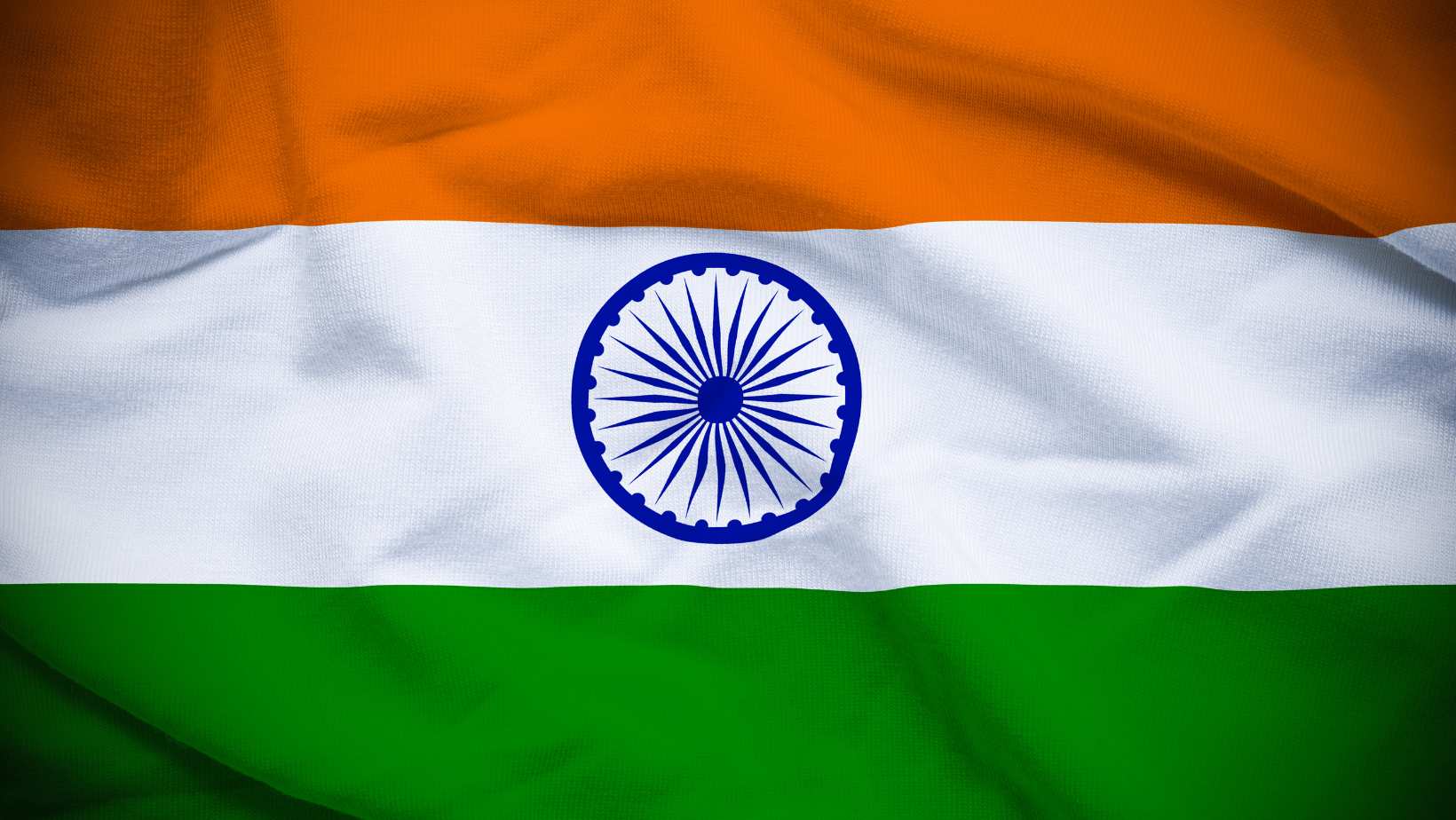Every August 15, India celebrates its Independence Day, commemorating the nation’s liberation from British colonial rule in 1947. This pivotal moment in history marks the culmination of a long and arduous struggle for freedom, led by iconic figures such as Mahatma Gandhi and Jawaharlal Nehru. As we approach India Independence Day 2024, it’s an opportune time to reflect on the significance of this event and its enduring impact on both India and the world.
The Road to Independence
The story of India’s independence is a testament to the power of nonviolent resistance and strategic political maneuvering. The British Empire’s rule in India began in 1757 when the English East India Company gained control after winning the Battle of Plassey. For nearly two centuries, India remained under British domination, experiencing both economic exploitation and cultural suppression.
The Indian independence movement gained significant momentum during World War I, with Mahatma Gandhi emerging as a pivotal leader. Gandhi’s philosophy of nonviolent civil disobedience, known as “ahimsa,” became the cornerstone of the freedom struggle. This approach, coupled with widespread civil disobedience campaigns, put immense pressure on the British government.
Key milestones in the journey to independence include:
- 1857: The Indian Rebellion, also known as the Sepoy Mutiny, marks the first large-scale revolt against British rule.
- 1885: Formation of the Indian National Congress, which became a major force in the independence movement.
- 1919: The Jallianwala Bagh Massacre galvanizes public opinion against British rule.
- 1929: The Indian National Congress declares “Purna Swaraj” (complete independence) as its goal.
- 1942: The Quit India Movement launches, demanding an immediate end to British rule.
The Moment of Liberation
As World War II concluded, Britain, weakened by the conflict, began to consider relinquishing its hold on India. However, rising tensions between Hindu and Muslim communities led to the decision to partition the subcontinent into two separate nations: India and Pakistan.
On August 15, 1947, at the stroke of midnight, India officially gained independence. Jawaharlal Nehru, the country’s first Prime Minister, delivered his famous “Tryst with Destiny” speech, marking the birth of a new nation. Lord Mountbatten, the last Viceroy of India, became the first Governor-General of the new Dominion of India.
Celebrating India Independence Day
India Independence Day is celebrated with great fervor across the country and by Indian communities worldwide. Some traditional observances include:
1. Flag Hoisting Ceremony
The day begins with the Prime Minister hoisting the Indian national flag at the Red Fort in Delhi, followed by a 21-gun salute and the singing of the national anthem.
2. Prime Minister’s Address
The Prime Minister delivers a speech from the ramparts of the Red Fort, reflecting on the nation’s achievements and outlining future goals.
3. Parades and Cultural Programs
Cities and towns across India host parades and cultural events showcasing the country’s diversity and patriotic spirit.
4. Kite Flying
Flying kites has become a popular Independence Day tradition, symbolizing freedom and the nation’s soaring aspirations.
Global Significance
India’s independence marked a significant turning point in global history. It signaled the beginning of the end for the British Empire and inspired independence movements across Asia and Africa. Today, as the world’s largest democracy and a rapidly growing economic power, India continues to play a crucial role on the international stage.
Reflecting on 77 Years of Independence
As India celebrates its 77th Independence Day in 2024, it’s an opportunity to reflect on the nation’s journey since 1947. While facing numerous challenges, India has made remarkable strides in various fields, including technology, space exploration, and economic development. The country’s rich cultural heritage, combined with its forward-looking approach, positions India as a unique and influential global player.
Conclusion
India Independence Day is more than just a historical commemoration; it’s a celebration of democracy, diversity, and the indomitable spirit of a nation. As we observe this day in 2024, we honor the sacrifices of those who fought for freedom and reaffirm our commitment to the ideals of equality, justice, and unity that form the foundation of modern India.
Whether you’re in India or elsewhere in the world, take a moment on August 15 to reflect on the significance of this day. Consider the words of Jawaharlal Nehru: “At the stroke of the midnight hour, when the world sleeps, India will awake to life and freedom.” These words continue to resonate, reminding us of the power of determination and the enduring value of independence.
